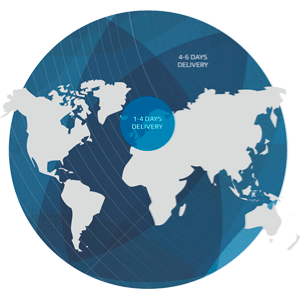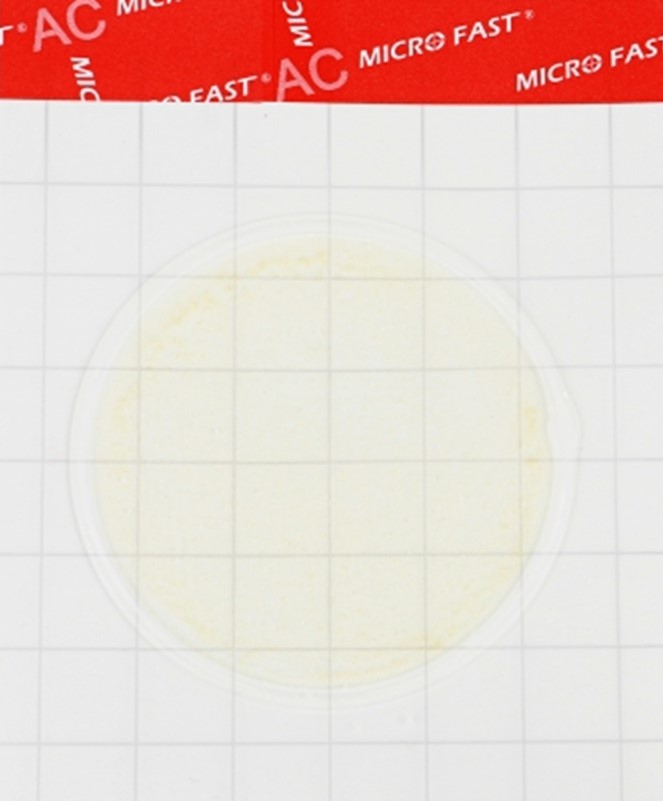The United States imposed sanctions against the Russian sector of quantum computing

The US Treasury imposed sanctions against Russian technology companies, including those leading developments in the field of space and quantum computing.
The new sanctions list includes:
LLC "International Center for Quantum Optics and Quantum Technologies" (MCCT, Russian Quantum Center); JV Quantum Technologies (JV Kvant, structure of Rosatom); CJSC Russian Space Systems (RCS, part of Roskosmos); OJSC Information Satellite Systems (ISS, part of Roscosmos); JSC Center for Additive Technologies (TsAT, part of Rostec).In addition, the defense enterprises NPP Sapphire and NPP Radiosvyaz, as well as the developer of the Elbrus processors - JSC MCST, the development center in the field of microelectronics JSC Zaslon, the Institute of Theoretical Physics named after N.I. L.D. Landau (structure of the Russian Academy of Sciences) and a number of other technological enterprises.
RBC asked for a comment from the companies included in the sanctions list.
The United States announced the risks of sanctions for foreign banks due to Mir cards
At the same time, the US Department of Commerce has expanded the list of goods and technologies prohibited for export to Russia to include equipment such as quantum computers, quantum circuits, and quantum measuring devices. According to Washington, this equipment is either not produced in Russia or is of key importance for the development of advanced technologies in the country.
Read on RBC Pro Pro "A new broom sweeps in a new way":what actions of the head harm the business Articles Pro x The Economist Why the dollar is strengthening and why it is dangerous for the whole world ArticlesPro Be Reasonably Tough: How the New Boss Should Earn Authority Instructions Pro The Big Money Myth:why going into IT is a bad ideaPro Leave to return:why foreigners sell businesses to top managementPro “I learned about the resignation by phone”: the head of Adidas is about turns in his careerthe head of Adidas - about turns in his careerthe head of Adidas - about turns in his careerIn February of this year, the Ministry of Economic Development presented the "White Paper" - a summary report on the development of certain high-tech areas. Its authors estimated the technological gap between Russia and the world leaders in quantum computing (USA and China ) at 7–10 years. The ministry emphasized that in 2025-2030, when quantum computers will be massively introduced, “non-quantum technological leadership of the state will become impossible.”
As the authors of the report noted, the global quantum computing market is now in its infancy, in the next five years its volume will reach $1–2 billion, and in the next 15–30 years it may grow to $450–850 billion. and the largest corporations, primarily American Google, IBM, Microsoft, Honeywell. In Russia, Rosatom, the Russian Quantum Center and various universities are developing them.
Rosatom saw a 2-fold reduction in the backlog in quantum technologies Technology and media
The first structure for creating a quantum computer in Russia appeared in November 2020. The tasks of the consortium, which brought together the structures of Rosatom, the Skolkovo Foundation and universities, included the export of quantum technologies and the development of infrastructure for the creation of quantum processors. The consortium was created as part of the Quantum Computing roadmap developed by Rosatom, its total budget until 2024 amounted to 23.7 billion rubles.
What is a quantum computer?
A quantum computer works according to the principles of quantum mechanics and operates with qubits - analogs of the usual bits. The fundamental difference is that a bit can take only one value - either 0 or 1, while a qubit can be in a superposition: simultaneously be equal to both 0 and 1.
The Financial Times previously wrote that Google's quantum computer is capable of completing a task in three seconds that the most powerful computer to date needs 10,000 years to complete. As stated in Rosatom, a quantum computer will be able to simulate the behavior of complex molecules for the development of new drugs and materials, solve complex logistical problems, and work with big data.




























































